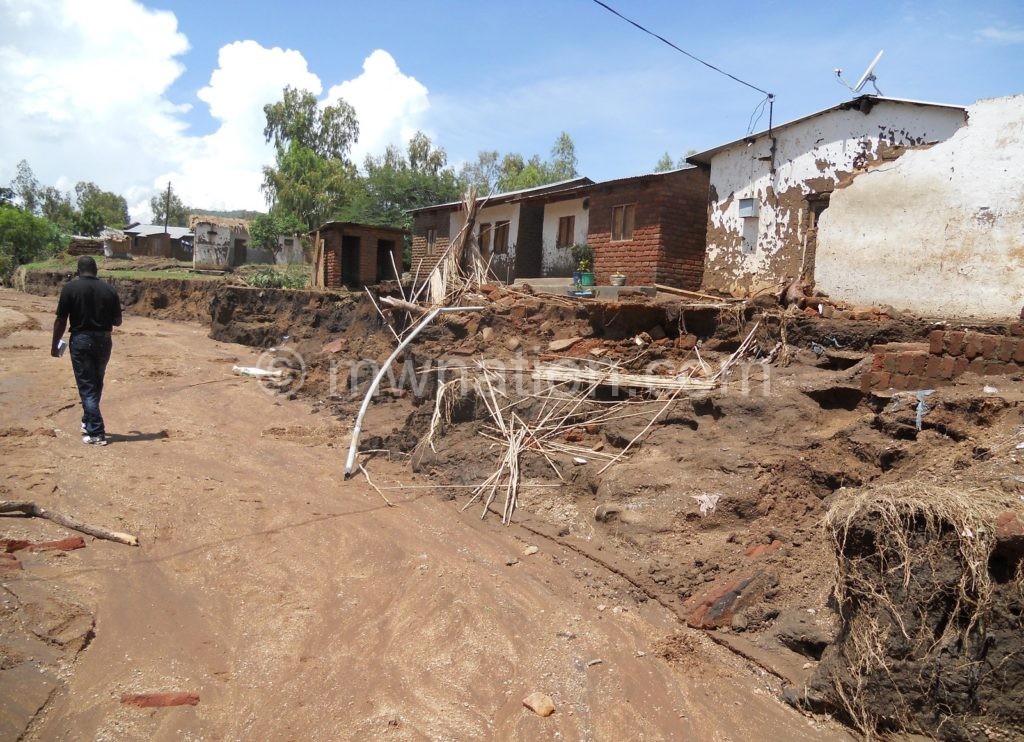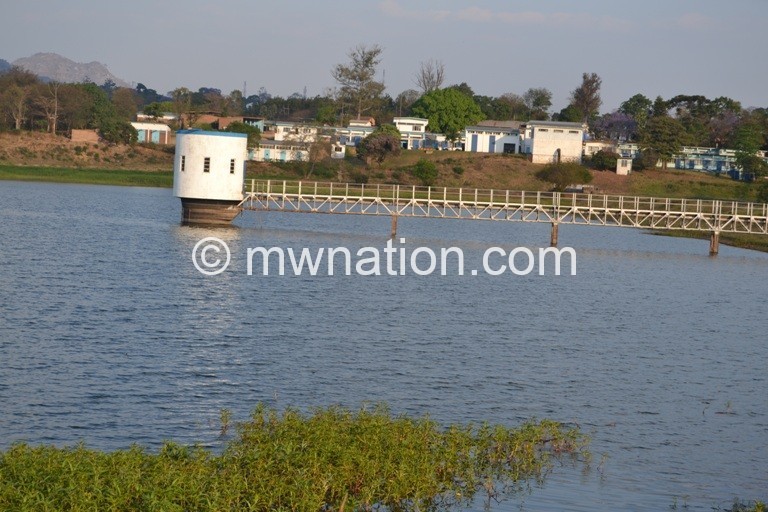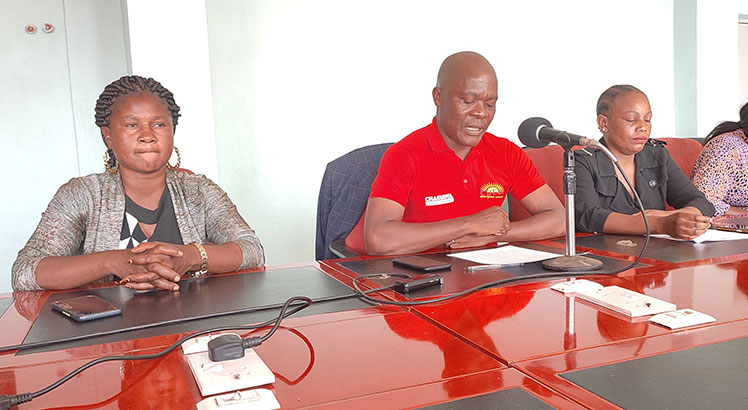Disasters affect 2 936 families
The Department of Disaster Management Affairs (Dodma) has said 2 936 households have been affected by disasters resulting from incessant rain in the past week.
This follows a Department of Climate Change and Meteorological Services (MET) warning last week that some parts of the country, especially cities and flood prone areas along the lakeshore would experience heavy rains and flooding.

The number of affected households is also likely to go up following MET’s warning that from Monday January 21 to Wednesday January 23
[today], many parts of the Southern Region were expected to receive heavy rains accompanied by strong winds.
In an interview yesterday, Dodma spokesperson Chipiliro Khamula said as of yesterday, 24 584 households (approximately 135 212 people) had been affected by the disasters, a rise from 21 648 (approximately 119 064 people) recorded by January 14 since the onset of this rainy season.
Dodma has also recorded an increase in the number of people injured due to disasters from 38 last week to 40 as of yesterday while the number of deaths remains at 21.
Khamula said following MET’s warning of severe weather conditions, Dodma will keep monitoring the situation in flood prone areas.
He said the department has civil protection committees from village to district council levels which work with district disaster desk officers to monitor flood prone areas.
In an interview yesterday, Chikwawa district disaster and risk management officer Francis Kadzokoye noted that the district may experience floods due to the continued rains in the past two weeks.
He however, expressed worry that some villagers are resisting calls to relocate to high, safer areas despite government’s recommendation for relocation in 2015.
What to do after floods
1. Evacuate to safer places immediately.
2. If capable, assist in research and rescue and provision of first aid
3. Do not work through moving water.
4. If you have to walk in water, walk where the water is not moving.
5. Do not drive into flooded areas and drifts.
6. Watch out for snakes in areas that are flooded. Flood waters flush snakes from their habitats.
7. Stay away from power lines and electrical wires and report fallen power lines to Escom, or other relevant authorities.





